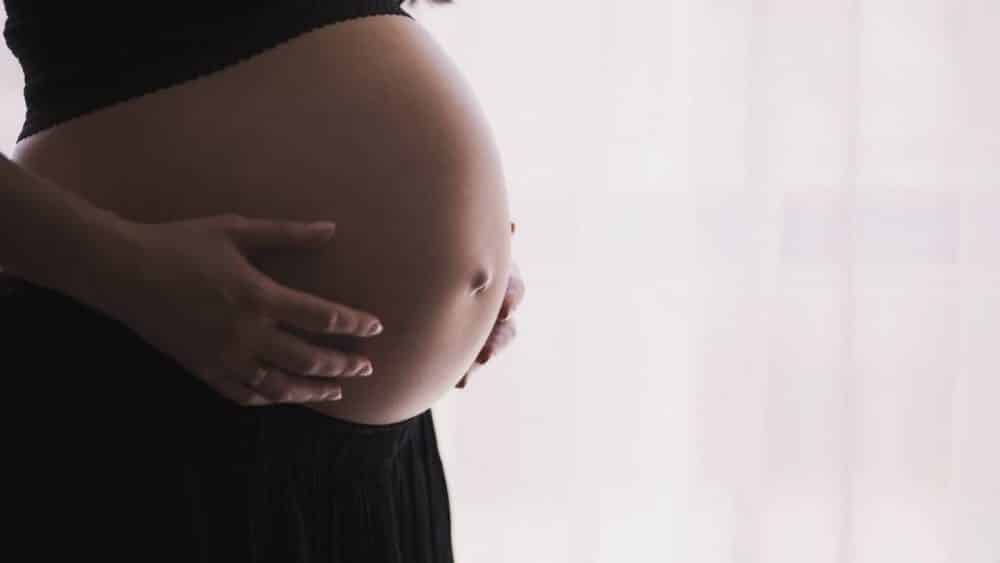Miscarriage Drug Increases Risk of Cancer Study
 Spread the love
Spread the loveAccording to experts at The University of Texas Health Science Center at Houston, prenatal exposure to a medicine used to prevent miscarriage can increase the risk of cancer later in life. The research was published in the ‘American Journal of Obstetrics and Gynecology.’ 17-OHPC is a synthetic progestogen that was often used by women in the 1950s and 1960s and is still administered to women to assist prevent preterm delivery today. Progesterone aids in the growth of the womb during pregnancy and avoids early contractions, which can lead to miscarriage.
“Children born to women who received the drug during pregnancy have twice the lifetime risk of cancer than children born to women who did not receive the drug,†said Caitlin C. Murphy, PhD, MPH, lead author of the study and associate professor in the Department of Health Promotion and Behavioral Sciences at UTHealth School of Public Health in Houston.
“Cancers such as colorectal cancer, pancreatic cancer, thyroid cancer, and many more are on the rise in those born in and after the 1960s, and no one understands why,†Murphy continued.
Researchers looked at information from the Kaiser Foundation Health Plan on women who had prenatal treatment between June 1959 and June 1967, as well as the California Cancer Registry, which tracked cancer in offspring from 1959 to 2019. Researchers detected 1,008 cancer diagnoses in progeny aged 0 to 58 years old out of more than 18,751 live births. In addition, during pregnancy, 234 offspring were exposed to 17-OHPC. Cancer was identified in more than twice as many offspring exposed in the womb as offspring not exposed in the womb, with 65 percent of cancers occurring in people under the age of 50.
“Our findings imply that using this medicine during pregnancy can impair early development, potentially raising cancer risk decades later,†Murphy said.
“We’re seeing the impacts of a synthetic hormone with this medicine. Things that happened to us in the womb, or uterine exposures, are significant risk factors for acquiring cancer decades after birth “Murphy went on to say.
According to Murphy, a new randomised experiment demonstrates that consuming 17-OHPC has no benefit and does not lessen the risk of premature birth. In October 2020, the US Food and Medicine Administration requested that this drug be taken off the market. Piera M. Cirillo, MPH, Nickilou Y. Krigbaum, MPH, and Barbara A. Cohn, PhD, all of the Public Health Institute’s Child Health and Development Studies, are also authors.
Apart from this, you can also read Entertainment, Tech, and Health-related articles here: Alyson Hannigan, Brent Rivera net worth, Emma Watson net worth, 444 angel number, 666 angel number, 1616 angel number, 777 angel number, 333 angel number, Dave Portnoy net worth, Lionel Messi net worth, Keanu Reeves net worth, The Equalizer 3, The 100 Season 8, Gina Carano net worth, Bruno Mars net worth, KissAnime, Jim Carrey net worth, PDF Drive, Youtbe, Bailey Sarian Net Worth, Bollyshare, Afdah, Moviezwap, Y8, Jalshamoviez, Project Free TV, Kissasian, Mangago, Jio Rockers, M4uHD, Hip dips, M4ufree, NBAstreams XYZ, CCleaner Browser review, Avocado Calories, Bear Grylls net worth, Highest Paid CEO, The 100 season 8, Sundar Pichai net worth, Grimes net worth, and, F95Zone.
Spread the love
0 Response to "Miscarriage Drug Increases Risk of Cancer Study"
Post a Comment